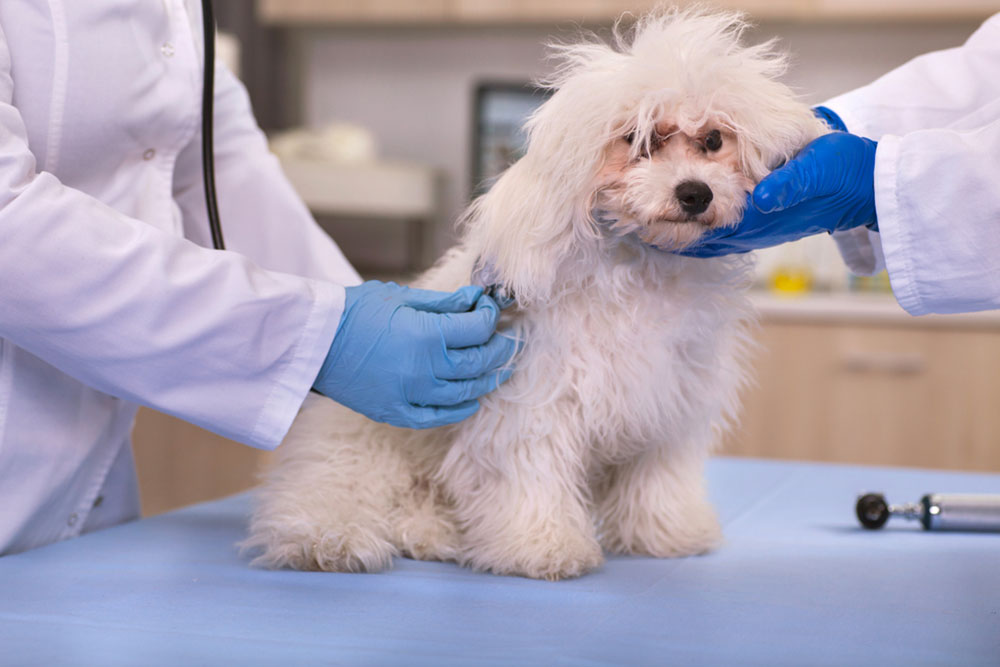Common Food Triggers for Allergies in Cats and Dogs
Discover common food allergens impacting cats and dogs, including beef, corn, dairy, eggs, and artificial dyes. Learn to identify allergy symptoms and choose safe, homemade or specially labeled pet foods to protect your furry friends. Consulting a vet is recommended for managing pet food allergies effectively.
Sponsored

Identifying Food Allergens in Cats and Dogs
Foods responsible for allergic responses in pets
Are your cats or dogs sneezing repeatedly or scratching excessively? If your pet frequently bites, licks, or chews its paws, a food allergy could be the culprit. Similar to humans, animals can suffer from various allergies, with food being one of the primary causes. Unlike seasonal allergies, diagnosing food allergies can be tricky due to the diverse ingredients in pet foods.
Spotting allergy signs in your pet
Common signs that indicate food allergies include:
Persistent itching
Sneezing, coughing, or wheezing
Diarrhea
Vomiting
Chewing paws
Weak, brittle, or dull fur
Hair loss
Ear infections
Oily or flaky skin
Redness in the eyes
Every pet's allergic reactions can differ. Allergies develop when specific ingredients trigger immune responses, leading to the symptoms above.
Common food allergens for petsThe typical foods that may cause allergies in your animals encompass:
Beef
A prevalent ingredient in pet foods, beef's protein can provoke allergic reactions. Repeatedly feeding the same meat increases the chance of intolerance or allergy development. Rotating different meats weekly can help reduce this risk.
Corn products
Cornmeal, often used as an affordable filler in cat food, can cause skin issues like itching and flakiness. Its gluten content may upset cats’ digestive systems, leading to obesity or diabetes when consumed excessively.
Dairy
Many pets are lactose intolerant, resulting in gas, diarrhea, or vomiting. Cats are particularly sensitive. Distinguishing lactose intolerance from allergies involves noting that skin-related symptoms appear only in allergic cases.
Eggs
Egg allergies respond similarly to meat allergies, as the immune system reacts to proteins in egg yolks. These allergies are easy to avoid by checking ingredient lists carefully.
Artificial dyes
Some budget pet foods include artificial colors to enhance appearance. These additives lack nutritional benefits and can cause allergies manifesting as hair loss, skin discoloration, itchiness, or inflamed skin.
Preparing homemade pet meals is a reliable way to prevent exposure to allergenic ingredients. Choose pet foods with transparent labeling and free from fillers, flavor enhancers, and preservatives. Consulting a veterinarian can provide targeted advice for pets with food allergies.






